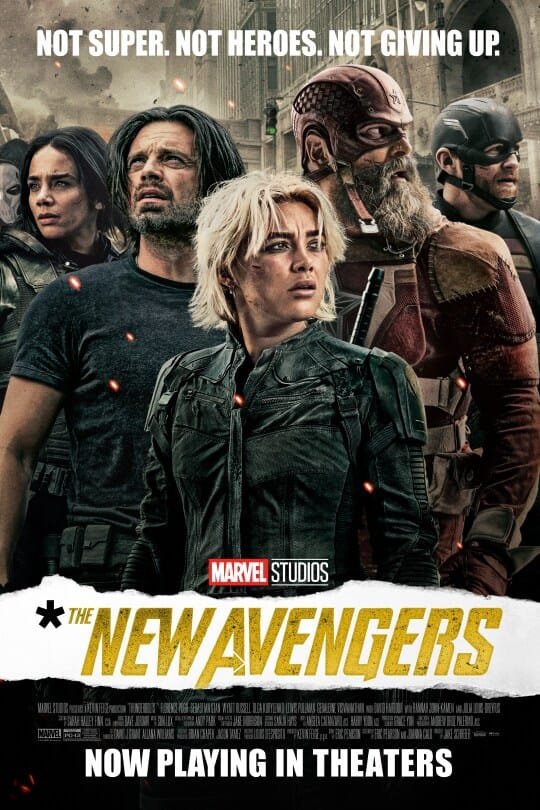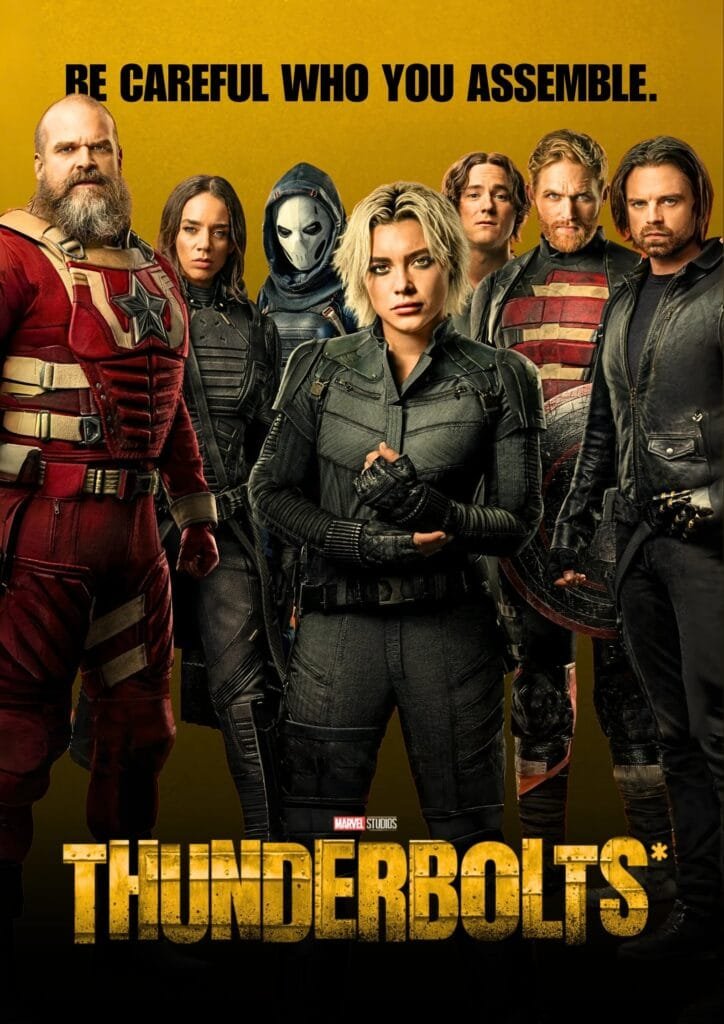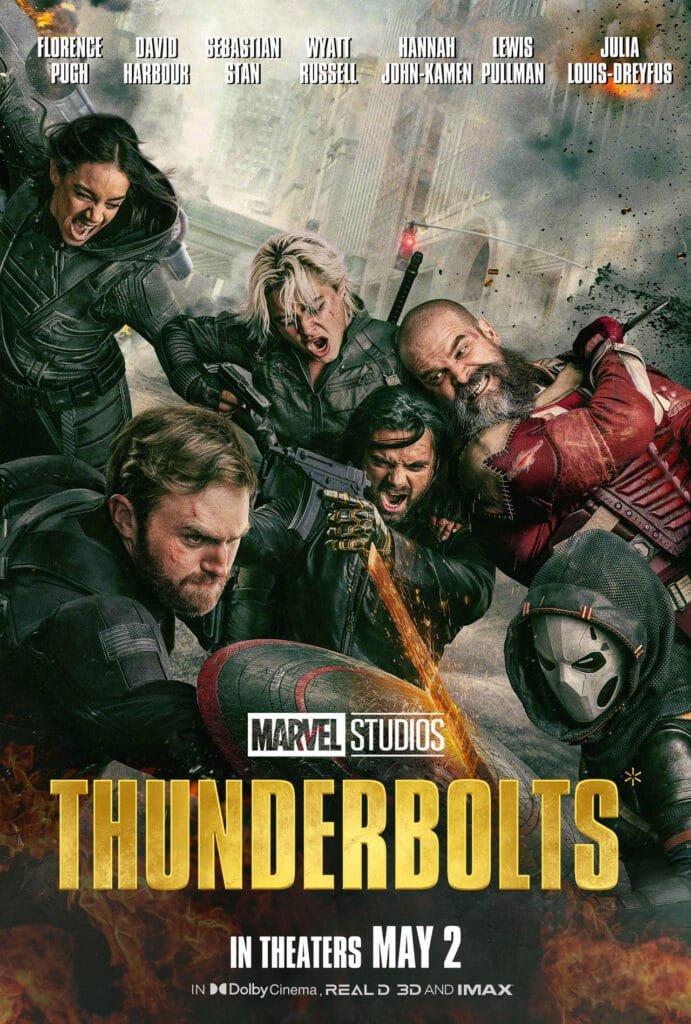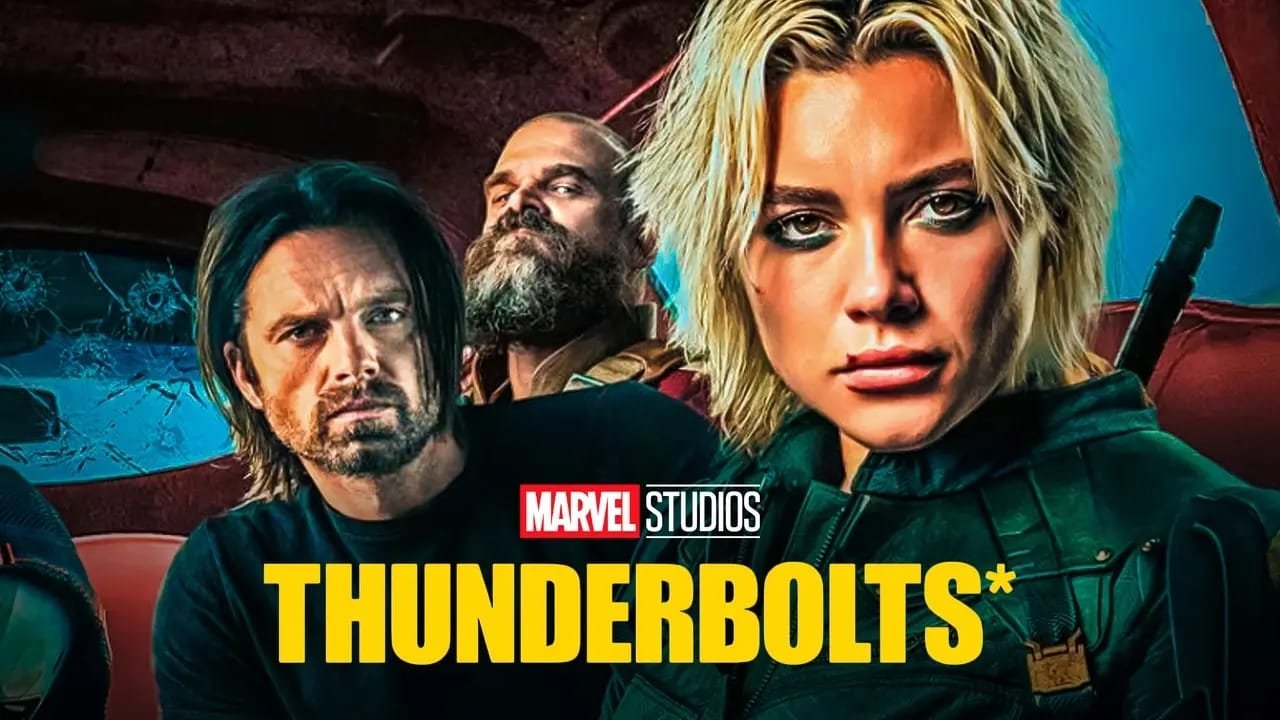After years of familiar storylines and growing audience fatigue, Thunderbolts injects fresh energy into the Marvel Cinematic Universe, though not without a few rough edges. Rather than striving for a grand revival, the film embraces the franchise’s current struggles, offering a grounded and self-aware narrative. Director Jake Schreier brings an indie touch, prioritizing emotional depth over high-budget spectacle, helping Thunderbolts carve out its own distinct space in a cluttered post-Endgame landscape. With Phase 5 approaching its conclusion, this film doesn’t serve as a major turning point, but rather as a reflective, raw moment that acknowledges the MCU’s vulnerability with sincerity.

At the core of the film is its ensemble cast, a band of misfits navigating their own emotional turmoil. Florence Pugh’s Yelena Belova delivers a performance blending sharp humor, quiet sorrow, and undeniable strength. Her dynamic with David Harbour’s Red Guardian brings moments of well-balanced comedy mixed with emotional depth. Sebastian Stan portrays a more restrained Bucky Barnes, now a congressman wrestling with internal conflict, while Wyatt Russell’s John Walker and Hannah John-Kamen’s Ghost continue their journeys of anger and uncertainty. Lewis Pullman, playing Bob, makes a striking impression with his subdued yet powerful presence, channeling deep emotional pain into a role filled with quiet tension. Each actor effectively portrays characters clinging to purpose, with Pugh standing out as the most compelling force.

Technically, Thunderbolts makes deliberate choices that set it apart. Schreier opts for a gritty, desaturated aesthetic over the traditional glossy MCU visuals, reinforcing the film’s somber tone. The pacing remains tight, though the third act falters slightly, particularly during the rushed final battle involving Sentry and Void. The action sequences are smaller in scale but carry significant emotional weight, keeping the stakes grounded and personal. The soundtrack supports the film’s introspective atmosphere, though it doesn’t stand out as especially memorable. However, the thematic depth—from trauma to redemption—finds its rhythm in every scene, especially in its quieter, more contemplative moments.

While Thunderbolts may not reach the grand heights of The Avengers or Guardians of the Galaxy, it earns its place by embracing authenticity. In an MCU crowded with gods, timelines, and complex multiverses, this story of imperfect heroes searching for redemption offers a much-needed change of pace. It’s raw, understated, and even a bit bleak—but most importantly, it feels honest. And in today’s superhero landscape, that honesty makes Thunderbolts a film worth celebrating.
